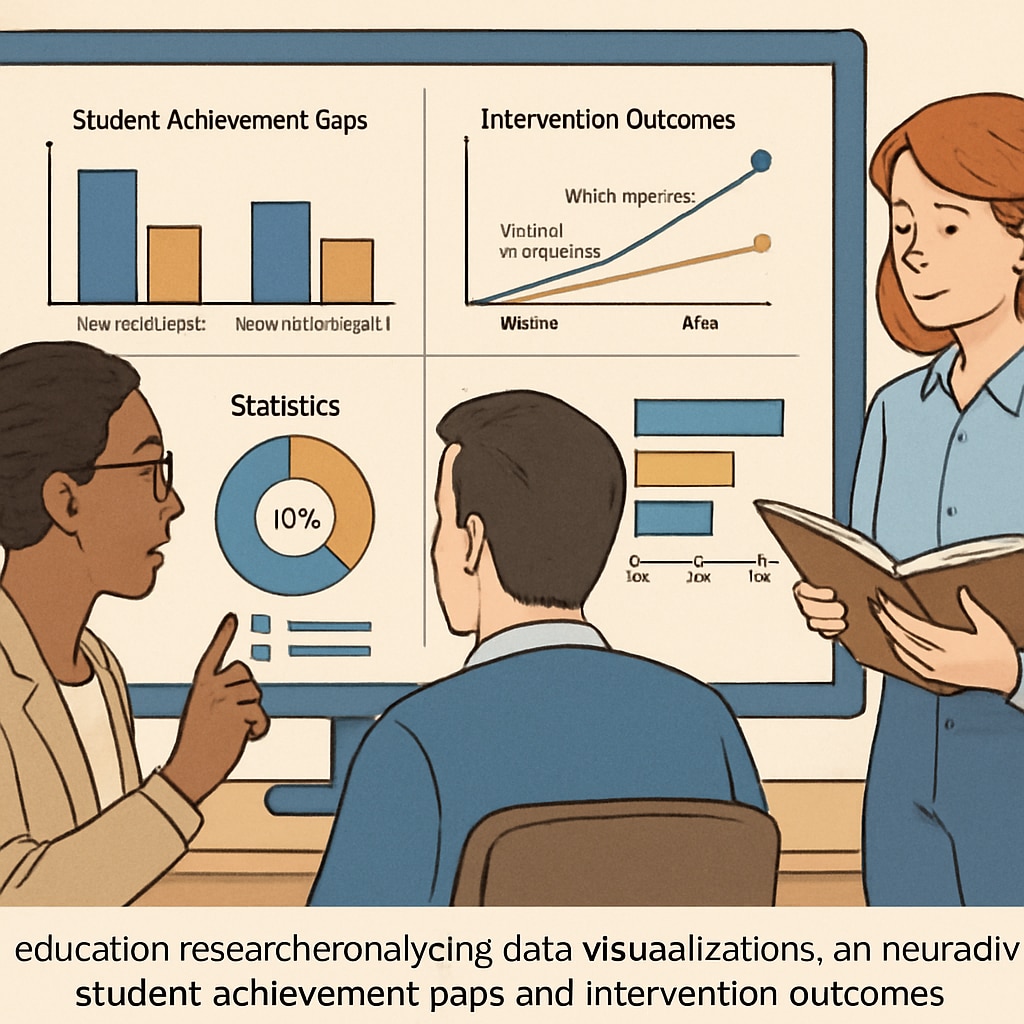Education career planning, systemic reform, and neurodivergent student support form the cornerstone of addressing persistent educational inequalities. For aspiring changemakers, understanding how different professional roles contribute to equity is crucial. Research from UNICEF’s education initiatives shows that systemic barriers disproportionately affect neurodivergent learners (those with ADHD, autism, dyslexia etc.), making targeted interventions essential.
Classroom Practitioners as First Responders
Teachers occupy the frontline of educational equity. Effective strategies include:
- Implementing Universal Design for Learning (UDL) frameworks
- Developing Individualized Education Programs (IEPs) with specialists
- Using trauma-informed practices for students from disadvantaged backgrounds

Policy Architects: Shaping Equitable Systems
Beyond classrooms, education policy specialists drive large-scale change through:
- Advocating for neurodiversity-affirming legislation
- Redesigning funding formulas to prioritize high-need schools
- Establishing teacher training standards on inclusive practices
The IDEA Act demonstrates how policy can mandate support systems.
Research-Driven Solutions for Inclusion
Education researchers contribute by:
- Identifying effective interventions for neurodivergent learners
- Evaluating equity-focused programs’ long-term impacts
- Developing assessment tools that accommodate diverse learning styles

Ultimately, addressing education inequality requires coordinated action across all professional levels. Whether through direct classroom impact, systemic policy changes, or evidence-based research, every education career path offers unique opportunities to advance equity and neurodivergent inclusion.


